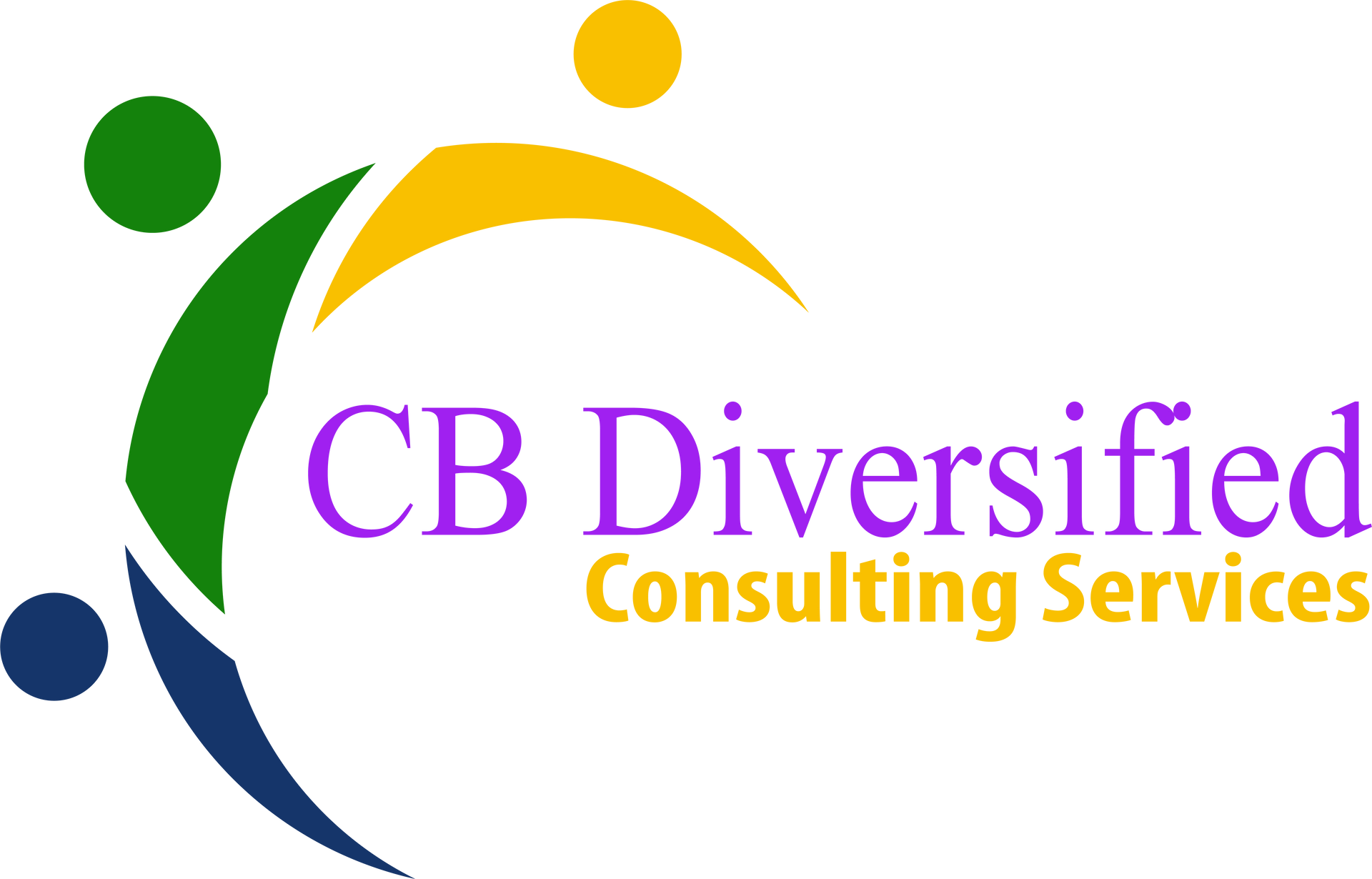October 7, 2024
Success is often viewed as a personal achievement, but behind every success story, there’s usually a guiding hand—a mentor, a coach, or an advisor. While many people strive to navigate life’s challenges independently, personal coaching has become increasingly recognized as a vital tool for those looking to unlock their full potential. Whether it’s in your personal life or professional career, a coach can be the catalyst for the growth and development needed to truly succeed. What is Personal Coaching? Personal coaching is a partnership between you and a professional coach who helps you identify and achieve your goals. Unlike traditional mentorship, which may focus on giving advice based on the mentor’s experience, a personal coach tailors strategies and approaches specifically to your needs. Whether you are aiming for career growth, personal development, or improving specific skills, a coach works with you to break down barriers, enhance your capabilities, and push you toward realizing your full potential. Clarity of Goals One of the main reasons people fail to reach their full potential is because they lack clarity about their goals. Many individuals may have broad aspirations like “I want to be successful” or “I want to be happy,” but these goals are often vague and difficult to measure. A personal coach helps you define and clarify your goals, making them more specific, achievable, and measurable. For example, Serena Williams, one of the greatest tennis players in history, has openly credited her coach, Patrick Mouratoglou, for playing a significant role in refining her game and strategy during the latter part of her career. Williams had an immense drive to succeed, but with Mouratoglou’s guidance, she sharpened her mental approach and developed a clearer focus on achieving specific goals. Accountability and Motivation Personal accountability is another reason why coaching can be instrumental in achieving success. Many people set goals but struggle to follow through due to procrastination, distractions, or a lack of motivation. A personal coach keeps you accountable by regularly checking in on your progress, providing feedback, and helping you stay focused on your objectives. This accountability ensures that you don’t lose sight of your goals, even when things get tough. It also acts as a source of motivation, as knowing someone is invested in your progress can often give you the push needed to stay disciplined. Oprah Winfrey, for instance, has always been a strong advocate of coaching and has worked with life coach Martha Beck for years. Oprah credits Beck with helping her stay grounded and focused as she built her media empire. Personalized Guidance Every individual’s path to success is different. What works for one person may not work for another, and this is where a personal coach shines. A coach provides personalized advice tailored to your unique strengths, weaknesses, and circumstances. Instead of generic advice, a coach assesses your situation and offers insights and strategies that align with your specific needs. This personalized approach can be incredibly powerful, as it allows you to capitalize on your strengths while addressing areas of improvement. Whether you need help with time management, communication, leadership, or emotional intelligence, a coach provides the tools and resources necessary for personal growth. Bill Gates, co-founder of Microsoft, worked with his coach, Warren Buffett, to make more strategic decisions in his professional and philanthropic life. Gates often credits Buffett with teaching him how to prioritize and make clear, decisive choices. Breaking Through Barriers Many individuals face internal and external barriers that prevent them from achieving success. Whether it’s self-doubt, fear of failure, or negative thinking, these obstacles can be difficult to overcome on your own. A personal coach helps you identify these barriers and provides strategies to overcome them. Coaches are skilled at helping you shift your mindset, build confidence, and develop resilience. By addressing these challenges head-on, you’ll be better equipped to navigate obstacles and continue moving forward. Hugh Jackman, known for his acting, singing, and even hosting skills, worked with personal coach Tony Robbins to help him overcome fears and self-doubt at the start of his career. Jackman often speaks about how Robbins’ coaching helped him break through mental barriers, leading to his multi-faceted success. The Long-Term Benefits The benefits of working with a personal coach extend far beyond the immediate goal-setting and problem-solving process. A coach helps you develop a mindset that fosters continuous improvement and personal growth. The tools and techniques you learn through coaching become part of your everyday life, enabling you to handle future challenges with greater ease and confidence. Whether you’re looking to advance your career, improve your personal relationships, or simply live a more fulfilled life, a personal coach can provide the support, guidance, and motivation you need to succeed. In a world where success is often hard to achieve alone, having a coach by your side can make all the difference. How CB Diversified Consulting Services Can Help At CB Diversified Consulting Services, we specialize in Professional Web Design and Branding that help businesses thrive in the digital world. Our team of experienced designers works closely with you to create a website that reflects your brand identity, enhances user experience, and drives conversions. We understand that your website is often the first point of contact with potential customers, and we’re here to make sure it leaves a lasting impression. In addition to web design, we offer a range of services to support your branding efforts, including Logos, Business Cards, Flyers, and Banners. Whether you’re launching a new business or looking to refresh your existing brand, we’re here to help you stand out and succeed. Conclusion In today’s competitive business landscape, a professional website and strong branding are non-negotiable. They form the foundation of your online presence, build trust with your audience, and set the stage for business growth. From creating a visually appealing design to optimizing your site for SEO, investing in professional web design and branding is one of the most important decisions you can make for your business. Ready to take your business to the next level with a professionally designed website and branding strategy? Contact CB Diversified Consulting Services today at cbdiversifiedconsultingservices.com to learn how we can help you build a powerful online presence.


